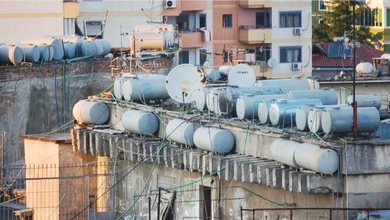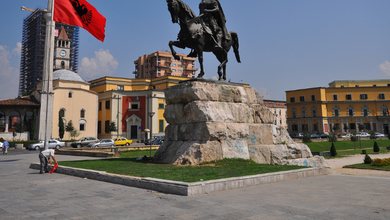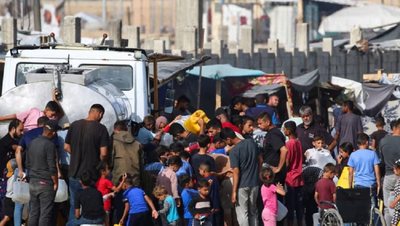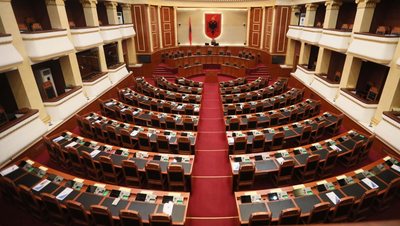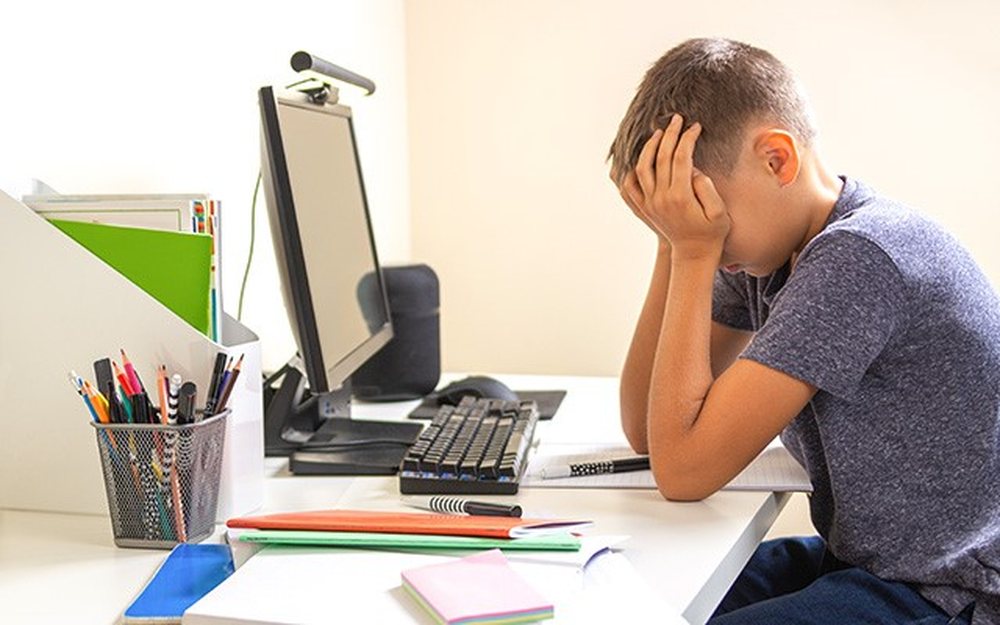
"Education that doesn't teach you to stand up against injustice isn't education - it's failure."
— John Dewey, American philosopher and educator, one of the most influential thinkers of modern education
EDITORIAL MONITOR/ On September 8, the 9-year school benches will be significantly emptier: at least 112 thousand fewer students will sit in them compared to a decade ago.
This 31% drop is not just a statistical figure, but an indicator of a deep crisis that deeply affects the future of the country – education. The absence of children in schools is no longer a local phenomenon, but has become a national reality, which confronts Albania with the greatest challenge of its modern development.
In many areas of the country, especially in the villages of the South, schools are closing because there are no more students. In some administrative units, the number of villages is greater than the number of children, a dramatic reflection of the emptying of rural areas.
Even in the largest cities, where teaching used to take place in several parallel classes, the number of classes is decreasing year after year. In small schools, teaching takes place in combined classes, often without laboratories and without access to technology. This reality is a direct consequence of the demographic developments of the Albanian transition, where massive emigration and a decrease in the birth rate have definitively changed the structure of the population.
After more than three decades of transition, the country has entered a phase where not only is the population shrinking, but it is also aging rapidly. The median age of Albanians has now reached 44.3 years, according to INSTAT, approaching the European Union average of 44.7 years, according to Eurostat.
But unlike wealthy European countries, Albania is aging without getting richer, with a still fragile economy and low productivity. A country that ages and shrinks cannot have a sustainable future without well-educated new generations, capable of facing the challenges of the global market and producing innovation and development.
Unfortunately, even for those children who remain in the system, the quality of education is not promising. Albania recorded the biggest deterioration in the world in the international PISA tests, with significant declines in mathematics, reading and science.
This shows that not only do we have fewer students, but those we do have are not receiving the proper education to be competitive in an increasingly complex job market. A society that loses the quality of education can neither build a modern economy, nor an efficient state, nor hope for the younger generations.
In this situation, education becomes the key point where demographic and economic problems intersect. School closures are not only a social problem, but also a hindrance to economic development.
A village without a school cannot support young families, and a country without quality education cannot keep young people within its borders. This is a vicious circle: fewer children, fewer schools, lower quality of education, and more emigration. Each link feeds the other and leads Albania towards an uncertain horizon.
The impacts on the economy are numerous. A shrinking and aging workforce is unable to maintain the country's competitiveness. Without serious investments in education and vocational training, the labor market cannot prepare people with the skills required by the digital and green economy.
Instead of becoming part of the new economic transformations taking place in Europe, we risk remaining a country that exports labor and imports ideas, technologies, and services that it cannot produce itself.
Education is the foundation on which a country's development is built. Without an education system that guarantees quality, equity, and modernization, there can be neither sustainable economic growth nor well-being for citizens.
If we do not put education at the center of public policies, seeing it as the most important investment for the future, we risk losing the human capital we still have and remaining among the poorest countries in Europe for decades.
Today's figures are a wake-up call that cannot be ignored: a nation's crisis begins with education, and if we don't stop it now, it will determine our fate for many years to come./Monitor







